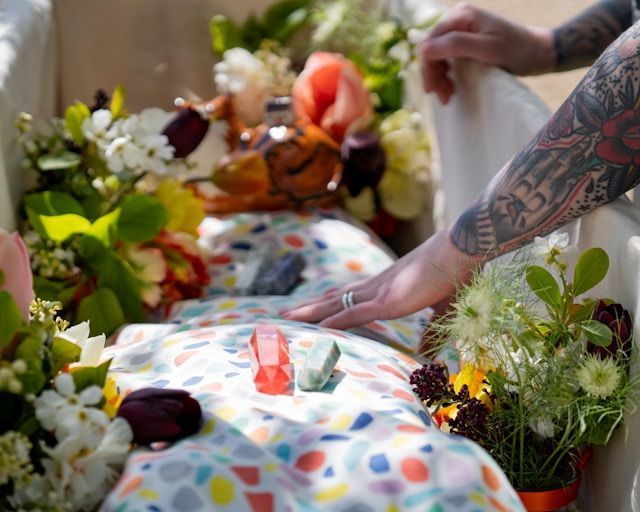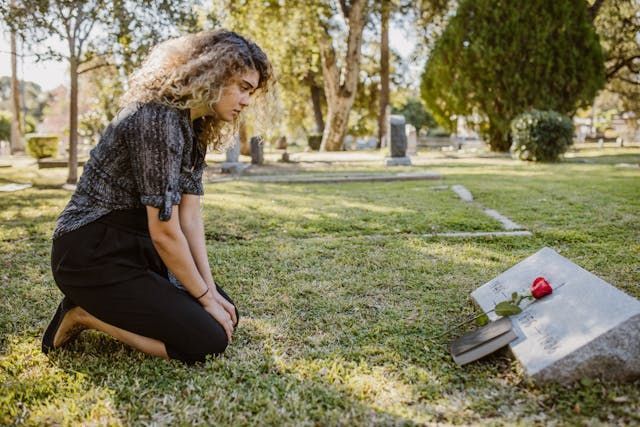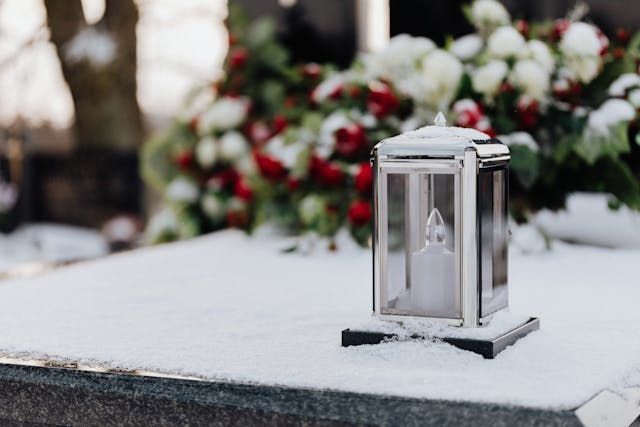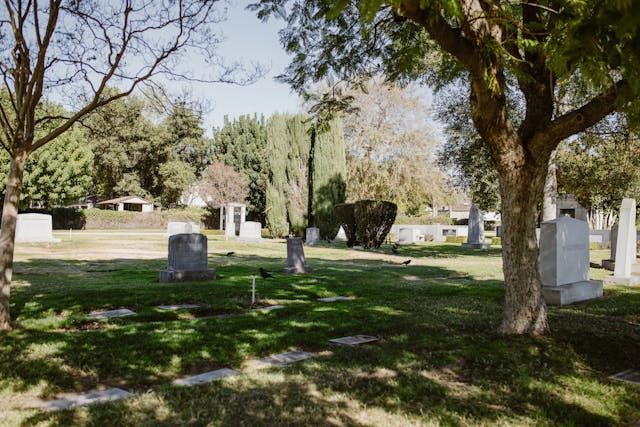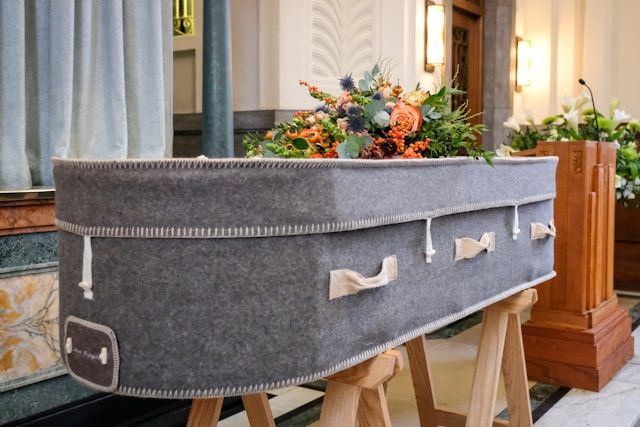When You Can’t be with Your Loved One at the End
Many people are now facing the dilemma of not being able to be with their loved ones when they die. As hospitals, in-hospice facilities, and nursing facilities restrict access, you may face this yourself.

It may be unsettling as you plan a funeral at a funeral home in Roanoke, VA that you weren’t able to be with your loved one while they were dying and when they died. Medical facilities and nursing facilities, which are most vulnerable to the spread of COVID-19, have restricted access to authorized personnel only.
While this is intended to be for the greater good in terms of public health, it can add an additional layer to the grief you are already experiencing because of the death of your loved one.
Most of us want to be with our loved ones at the end of their lives. We want to sit with them, talk to them, hold their hands or stroke their heads, and make sure that they know they are loved and that we will miss them.
This is an important part of relationships, especially when those relationships are being changed by the death of our loved ones. When this opportunity is denied or prevented, it can complicate our feelings and emotions about the deaths of our loved ones.
You didn’t want your loved one to die alone. You didn’t want them to not have the comfort and support of you and your family surrounding them as they took their last breath. You didn’t want to not be able to say goodbye.
One of the emotions you may struggle with is guilt. When you know a loved one is dying, it’s natural to drop everything else in your life and go to be with them. That is a sign of love, of care, and concern.
You may feel guilty that, through no fault of your own, your loved one may not have felt loved, may not have felt cared for, and may have thought that neither you nor anyone else in your immediate family had any concern for them. You may worry that they felt abandoned when they need you and your family most.
That feeling of guilt will add grief upon grief. However, it’s important to recognize a couple of things that may help ease your guilt. The first thing is that you would have been there if you could have been there. Your loved one knew that, even if they didn’t know why you weren’t there.
The second thing is that as your loved one entered the active dying phase, they were most likely in an almost-coma state where, although they might have been able to hear you (most medical experts agree that hearing is the last sense to go when someone dies), they would not have been conscious enough to respond to you in any kind of meaningful way.
What this means is that they died comfortably and peacefully, even though you and your family were not able to be with them. The lack of peace in situations like this is rarely on the part of your loved one who died, but most often on you and your family.
If you find yourself experiencing a lot of grief over not being able to be with your loved one when they died, you should know that’s a normal response to things we want to do but are unable to do because of circumstances beyond our control.
It would be very help to consider some sort of grief support in this situation. Your funeral director has access to a lot of grief support resources and can help you and your family find the type of grief support that suits you so that you’re able to work past this additional grief.
For additional information about grief resources at a funeral home in Roanoke, VA, our caring and knowledgeable staff at Conner-Bowman Funeral Home & Crematory can assist you.

